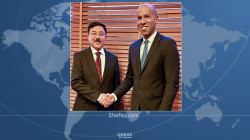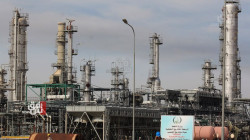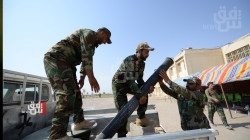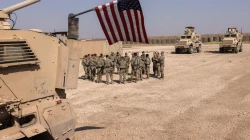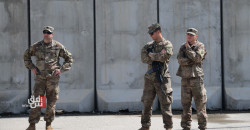Confusion clouds US's Iraq withdrawal timeline, analysts cite delaying tactics
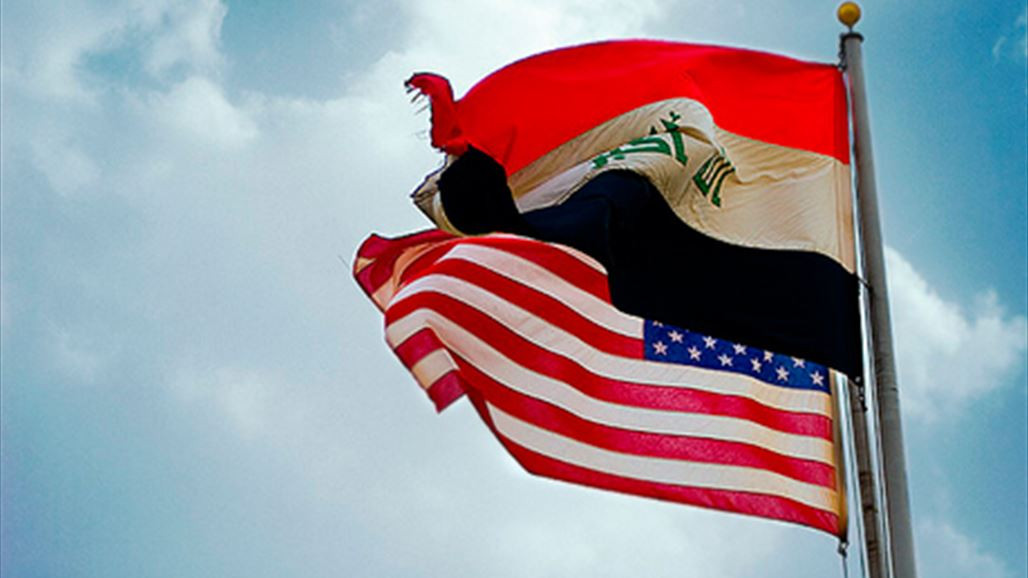
Shafaq News/ Conflicting reports surround the timeline and decision for the American forces to withdraw from Iraq, with Iraqi security experts and political analysts suggesting that media claims of planned withdrawal dates are merely delaying tactics. They argue that US forces are likely to remain in Iraq for an extended period for American political motives.
Withdrawal Timetable
The United States and Iraq have reached an agreement outlining plans for the withdrawal of US-led coalition forces, according to multiple American and Iraqi sources cited by Reuters on Friday. The agreement comes after six months of negotiations between the two countries.
As part of the arrangement, hundreds of US soldiers are expected to leave Iraq by September 2025, including those stationed at the Ain al-Asad Airbase and a large number from Baghdad. However, a contingent of US and other coalition forces will remain in Erbil until the end of 2026 to continue operations against ISIS in Syria.
A US Department of Defense official, speaking to Newsweek on Saturday, emphasized that the timeline for ending the coalition's mission in Iraq would be determined by the US President and Iraqi Prime Minister.
"As was clearly stated in the joint statement between POTUS [President Joe Biden] and [Iraqi Prime Minister Mohammed Shia] al-Sudani—The two leaders affirmed they would review these factors to determine when and how the mission of the Global Coalition in Iraq would end, and transition in an orderly manner to enduring bilateral security partnerships, in accordance with Iraq's Constitution and the U.S.-Iraq Strategic Framework Agreement. We have no new announcements to make at this time,” the official said.
The Pentagon official added, “We have no new announcements to make at this time.”
There are currently about 2,500 US troops in Iraq and 900 in Syria.
Meanwhile, Abbas Ghadir, a member of the Wisdom Movement (Al-Hikma), part of the ruled Shiite Coordination Framework, confirmed that the coalition troop withdrawal is in its final stages. “Following the meetings between the Iraqi and US governments, an official agreement on the withdrawal has been reached, and the talks are nearing completion,” Ghadir told Shafaq News Agency.
He noted that "leaks suggest the withdrawal will happen next year," with a bilateral agreement expected to outline the role of advisors from the US and other countries in training Iraqi forces.
Ongoing Presence and Strategic Interests
Political analyst Saif al-Saadi expressed skepticism over the recent reports of the US troop withdrawal, describing the claims as "local political rhetoric" aimed at appeasing public sentiment rather than reflecting the reality on the ground.
Speaking to Shafaq News Agency, al-Saadi said, “From time to time, statements emerge that align with the Iraqi government's desire to avoid fully disclosing to the public that US forces will remain for a longer period, particularly with the presence of American troops at Ain al-Asad, Victoria, and Harir bases. Therefore, there is no actual withdrawal.”
Al-Saadi noted that the recent reports serve as "painkillers" rather than addressing the core issue. He highlighted that US forces continue to operate in Iraq under the Strategic Framework Agreement, which comprises 31 articles that allow for their long-term presence. “One of the provisions of this agreement is the protection of Iraq's democratic system, meaning that any internal issues perceived by the US as undermining democracy could prompt American intervention,” he explained.
In addition to safeguarding democracy, al-Saadi pointed to other justifications for the US presence, including the ongoing threat of ISIS. “Just days ago, there was a joint operation between the Iraqi intelligence service and US forces in Wadi al-Ghadhf, western Al-Anbar. These operations, along with the continued presence of ISIS, legitimize the US presence in Iraq,” he added. Al-Saadi also pointed out the close connection between American military operations in Syria and Iraq under Operation Inherent Resolve.
Al-Saadi concluded, “I don’t foresee any US troop withdrawal. These statements are merely slogans for domestic consumption, providing temporary relief for the Iraqi government. They serve as a way to buy time, especially with some Iraqi factions not fully adhering to the orders of the commander-in-chief of the armed forces. This is essentially a strategy to maintain stability until the end of the current parliamentary term in late 2025.”
Retired General Imad Allou, director of the Center for Security and Strategic Studies, also cast doubt on the withdrawal claims, noting that neither the US nor Iraq has officially announced an end to the coalition’s mission. “There has been no official declaration regarding the withdrawal or termination of the coalition’s mission from either side at any stage of the strategic dialogue,” Allou told Shafaq News Agency.
He further clarified the distinction between ending the coalition's mission and withdrawing US forces from Iraq, emphasizing that discussions have always centered on transitioning to bilateral relations, with a limited number of US troops remaining for training and advisory roles. “This arrangement is determined by both parties through the Higher Military Technical Committee,” Allou added.
US Political Motives
Retired General Allou emphasized that the issue of a US troop withdrawal from Iraq remains clouded in ambiguity, with the details unclear and subject to shifting dynamics. "There is a degree of vagueness and flexibility around the withdrawal process, and it largely depends on the ongoing tension between the Islamic resistance factions and the US, particularly in light of Israel’s war on Gaza and other regional tensions in Syria and Iraq," Allou told Shafaq News Agency.
He explained that the strained relationship between the US and Iran also plays a significant role in influencing the timeline and nature of any withdrawal.
Allou suggested that the US may be leveraging the prospect of a troop withdrawal for electoral purposes, particularly to boost Democratic candidate Kamala Harris ahead of the 2024 presidential election. "The US appears to be floating the idea of a withdrawal as part of an electoral strategy to support Harris in the race against the Republicans," he said. Additionally, he argued that the US may aim to reduce tensions between Islamic resistance factions and American forces stationed at Ain al-Asad, Harir, and Victoria bases.
Allou concluded that the withdrawal narrative also serves to bolster Iraqi Prime Minister Mohammed Shia al-Sudani's credibility, demonstrating that his government is making progress on its commitment to end the Global Coalition's mission in Iraq.
